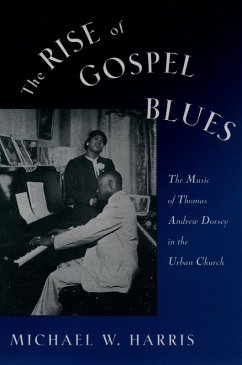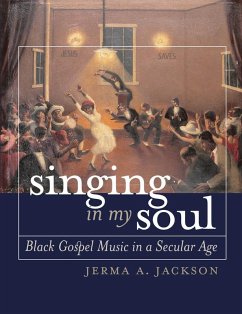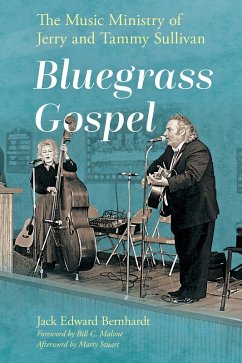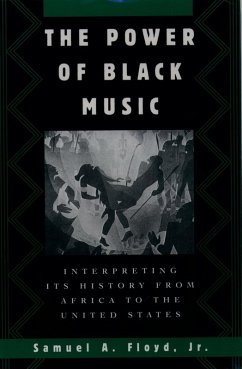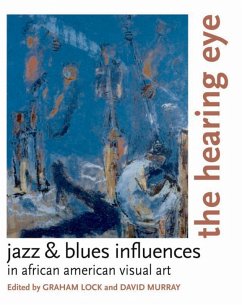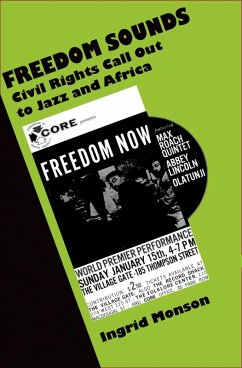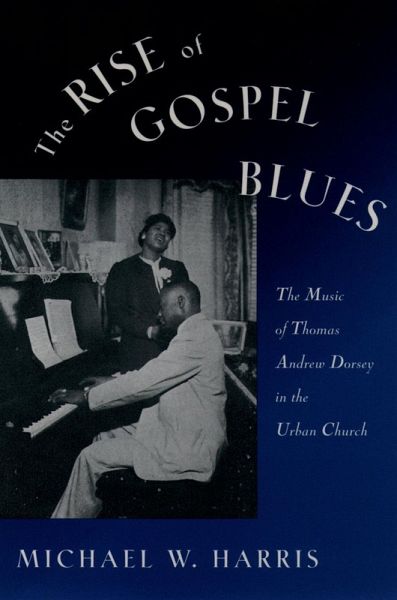
The Rise of Gospel Blues (eBook, ePUB)
The Music of Thomas Andrew Dorsey in the Urban Church
Versandkostenfrei!
Sofort per Download lieferbar
10,95 €
inkl. MwSt.
Weitere Ausgaben:

PAYBACK Punkte
5 °P sammeln!
In the early 1930s an exciting new musical form arose in Chicago known as the gospel blues. The principal figure in the creation of this distinctive music was a blues pianist named Thomas A. Dorsey, who had considerable success in the 1920s as a pianist, composer, and arranger for such prominent blues singers as Ma Rainey. In the 1930s, Dorsey became increasingly involved in the African-American churches in Chicago. His background in the blues was an important influence on his composing and singing of church music. At first the "respectable" Chicago churches rejected this new form, not only be...
In the early 1930s an exciting new musical form arose in Chicago known as the gospel blues. The principal figure in the creation of this distinctive music was a blues pianist named Thomas A. Dorsey, who had considerable success in the 1920s as a pianist, composer, and arranger for such prominent blues singers as Ma Rainey. In the 1930s, Dorsey became increasingly involved in the African-American churches in Chicago. His background in the blues was an important influence on his composing and singing of church music. At first the "respectable" Chicago churches rejected this new form, not only because of Dorsey's blues playing and singing, but more because of the excitement in the church congregation that this new gospel blues produced. However, by the end of the 1930s, the power of the music had made gospel blues a major force in African-American churches and religion. Through the voices of such singers as Mahalia Jackson, gospel blues helped shape the development of American popular music. In this book, Harris looks at the story of the rise of gospel blues as seen through the career of its founding figure. Harris also places it in the broader contexts of African-American religion and the large urban migration of African-Americans after World War I.
Dieser Download kann aus rechtlichen Gründen nur mit Rechnungsadresse in A, B, BG, CY, CZ, D, DK, EW, E, FIN, F, GR, HR, H, IRL, I, LT, L, LR, M, NL, PL, P, R, S, SLO, SK ausgeliefert werden.




